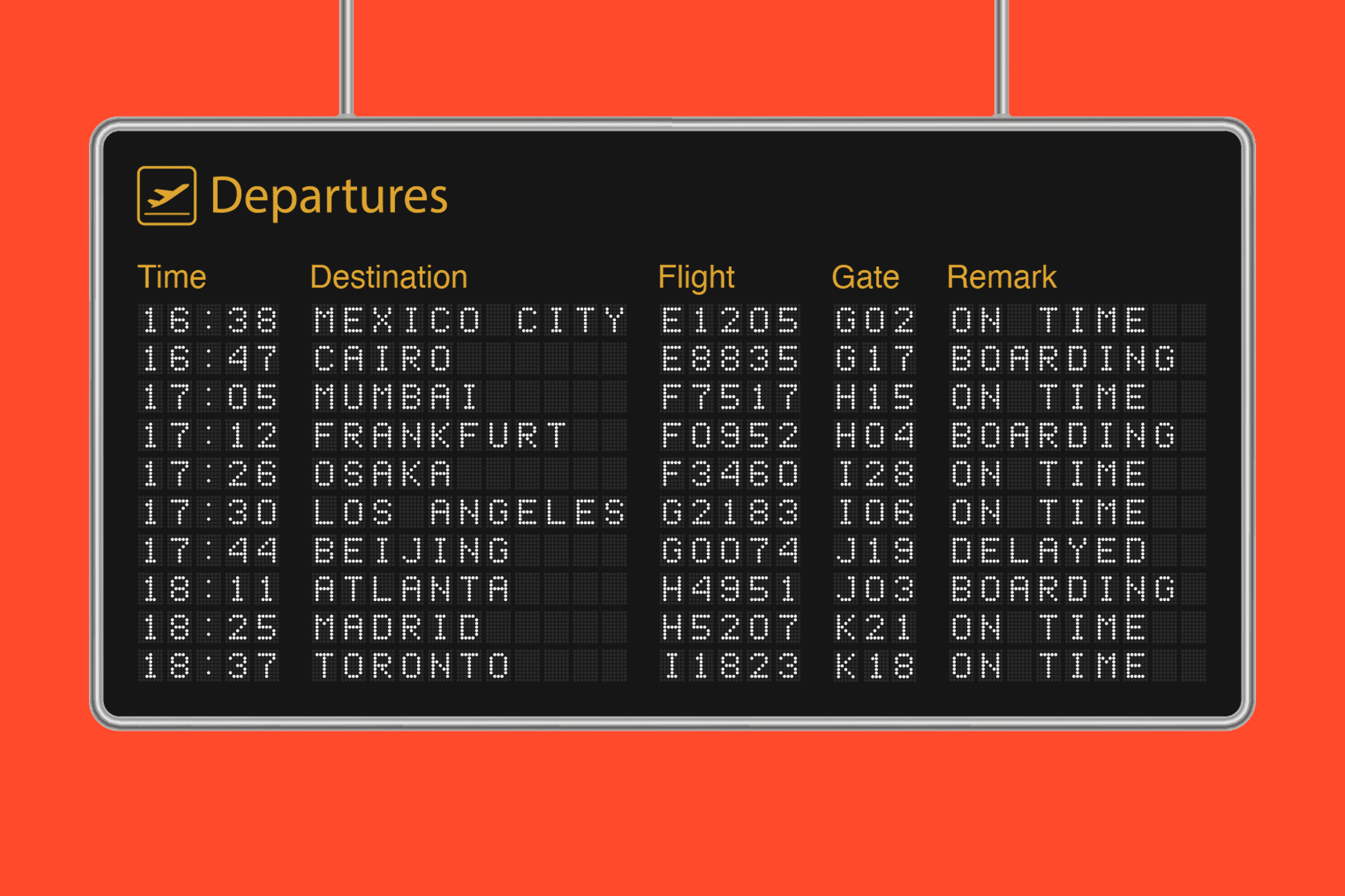Why airlines are canceling hundreds of flights
We asked experts in travel and aviation to explain.
Why is it happening?
Bryan Del Monte, president of the Aviation Agency, attributed the flight disruptions to three major issues: bad weather, a labor shortage and capacity problems.
“That, combined with the labor shortages some of our vendors are contending with and the incredibly quick ramp up of customer demand, has led us to build in additional resilience and certainty to our operation by adjusting a fraction of our scheduled flying through mid-July,” the statement said.
The summer storm season (and IT system outages in mid-June) has also plagued Southwest, spokesperson Brian Parrish said. The airline canceled flights and rescheduled customers in anticipation of widespread thunderstorms, reasoning that this gave travelers more time to prepare new itineraries.
Meanwhile, cabin crews are being stretched thin, and any new hires need to get trained or recertified before taking to the air. The need for more pilots and mechanics, Del Monte said, is paramount.
You also can’t operate a plane without, well, a plane — and airlines haven’t been able to bring all of theirs back since they took them out of rotation early in the pandemic, Del Monte said. Now, with a post-vaccination surge in leisure travel, airlines are scrambling to meet demand that far exceeds their predictions.
Industry insiders say flight complications may continue through the summer.
Mike Boyd, an aviation analyst with Boyd Group International, said travelers should be prepared for airlines to change your flight or put you on a new one. For a while, “it’s going to be uncertain,” he said.
Though there is some volatility right now, “it’s important to keep in mind … that these cancellations represent only a very small subset of these carriers’ scheduled flights,” Adit Damodaran, economist at the travel booking app Hopper, said in an email. “So for the most part, travelers are getting to where they need to go.”
What can I do to protect myself?
While you can hope for the best, prepare for the worst when it comes to your summer flying. And that preparation can start even before you book your trip.
According to the Department of Transportation, the earlier the flight, the better — you are less likely to experience a delay, and if your flight does get delayed or canceled, you will have more rerouting options. Jen Moyse, senior director of product for TripIt from Concur, also suggests looking for direct flights, to avoid cancellations that can affect connecting flights. If you’re traveling with your family, make sure you’re all on one reservation so that if you’re rebooked, you’ll still be together.
Damodaran, for his part, suggests padding your trip with some buffer time, such as choosing to fly a day ahead of a special event, and taking advantage of Hopper’s “Rebooking Protection Services,” which allow travelers to fly on another airline if there is a disruption.
Consider buying travel insurance
Rajeev Shrivastava, chief executive of the travel insurance comparison website VisitorsCoverage.com, said Cancel For Any Reason (CFAR) trip insurance coverage is your best bet for this summer’s travel disturbances.
“Traditional trip insurance plans don’t always cover every type of cancellation, which means if you have to cancel for a specific reason, you may suffer a financial blow from forfeiting nonrefundable deposits and other prepaid travel expenses,” Shrivastava said in an email.
Lastly, working with a travel adviser or travel-management company can be its own sort of insurance during this volatile time, as it’s their job to get you to your destination even in the face of complications. Daniel Finkel, chief travel officer at the travel management company TripActions, said companies like his can handle any change to a traveler’s itinerary and save you from languishing on hold waiting for airline customer service to help.
What should I do if a flight disruption does happen?
As your trip approaches, Katherine Estep, managing director of communications for the advocacy group Airlines for America, said to download your carrier’s mobile app to make sure you get any updates to their travel plans as quickly and efficiently as possible.
In case you face delays once you’re already at the airport, make sure you pack plenty of snacks to hold you over. Most airports have not reopened all of their food options, so depending on the time of your delay, you may have limited or no options to purchase something to eat.
Besides snacks, Moyse said, travelers should pack an airport survival kit with backup phone chargers, neck pillows, reading materials, games for kids and a good sense of humor to survive long stays at the airport.
Del Monte had some advice, too.
“Get to the airport early, be prepared for a lot of hassle, and try to keep your cool, because most people are pretty freakin’ wound up,” he said.
By Natalie B. Compton www.washingtonpost.com

